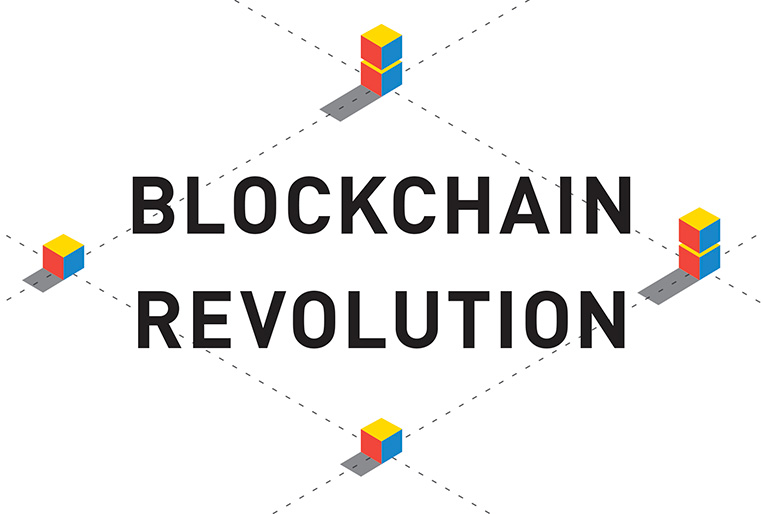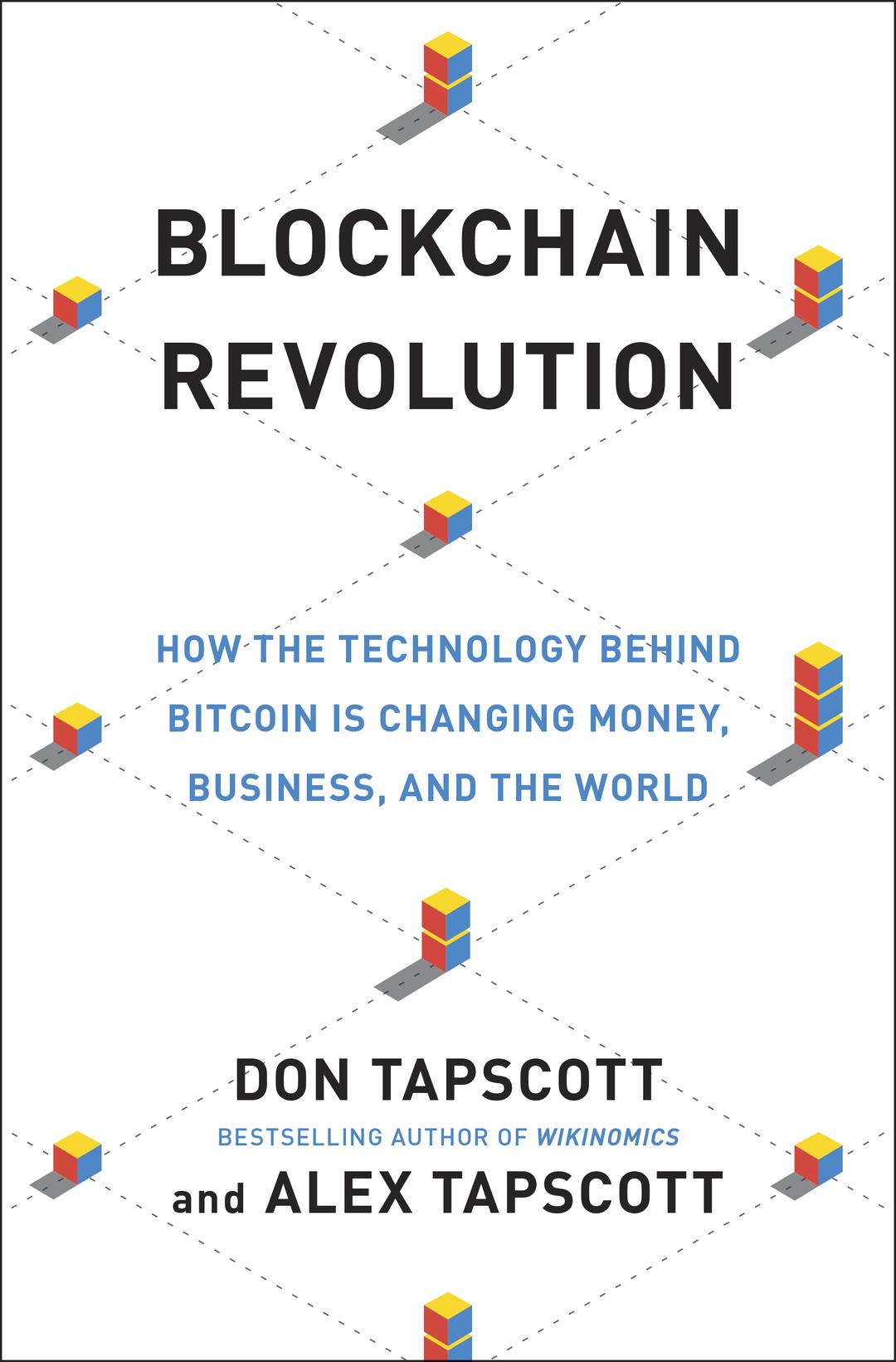by Don Tapscott and Alex Tapscott
It appears that once again, the technological genie has been unleashed from its bottle. Summoned by an unknown person or persons at an uncertain time in history, the genie is now at our service for another kick at the can—to transform the economic power grid and the old order of human affairs for the better.
We’re not talking about the social web, artificial intelligence, big data, robotics or even self-driving cars. We’re talking about the blockchain, the technology behind digital currencies like Bitcoin. Block. Chain. OK, not the most sonorous word ever– it sounds like a combination of blocking and tackling and chain gang. Sonorous or not, this technology represents nothing less than the second generation of the Internet, and it holds the potential to transform money, business, government and society. Let us explain.
When you send someone information like an email, PDF, PPT or JPG, you’re really sending a copy not the original. Depending on the rights granted to recipients, they may be able to print a copy of these files. But under no circumstances should you print, say, money. So with the Internet of information we have to rely on powerful intermediaries to establish trust. Banks, governments and even social media companies like Facebook work to establish our identity and ownership of assets. They help us transfer value and settle transactions.
Overall, they do a pretty good job—with limitations. They use centralized servers, which can be hacked. They take a fee for their services—say 10% to send money internationally. They capture our data, not just preventing us from monetizing it, but often undermining our privacy. They are sometimes unreliable and often slow. They exclude two billion people who don’t have enough money to justify a bank account. In sum, they capture a lopsided share of the benefits of the digital economy.
Enter the blockchain, the first native digital medium for peer-to-peer value exchange. Its protocol establishes the rules—in the form of globally distributed computations and heavy duty encryption—that ensure the integrity of the data traded among billions of devices without going through a trusted third party. Trust is hard-coded into the platform. That’s why we call it the Trust Protocol. It acts as a ledger of accounts, a database, a notary, a sentry and clearing house, all by consensus.
Why should you care? Maybe you’re a music lover who wants artists to make a living off their art. Perhaps you’re an immigrant who’s sick of paying big fees on remittances. Maybe you’re an aid worker who needs to identify landowners so you can rebuild their homes after an earthquake. Or a citizen fed up with the lack of transparency and accountability of politicians. Or a social media user who thinks the data you generate might be worth something—to you. Even as we write, innovators are building blockchain-based applications that serve these ends. And they are just the beginning.
Every business, institution, government and individual can benefit in profound ways. The blockchain is already disrupting the financial services industry.
How about the corporation, a pillar of modern capitalism? With this global peer-to-peer platform for identity, reputation and transactions, we will be able to re-engineer deep structures of the firm for innovation and shared value creation.
How about these billions of connected smart things that will be sensing, responding, sharing data, generating and trading their own electricity, protecting our environment, managing our homes and our health? And this Internet of Everything will need a Ledger of Everything.
And how about growing social inequality? Through the blockchain, we can go from redistributing wealth to distributing value and opportunity fairly in the first place, from cradle to grave.
As with all major paradigm shifts, there will be winners and losers. But if we do this right, blockchain technology can usher in a halcyon age of prosperity for all.

